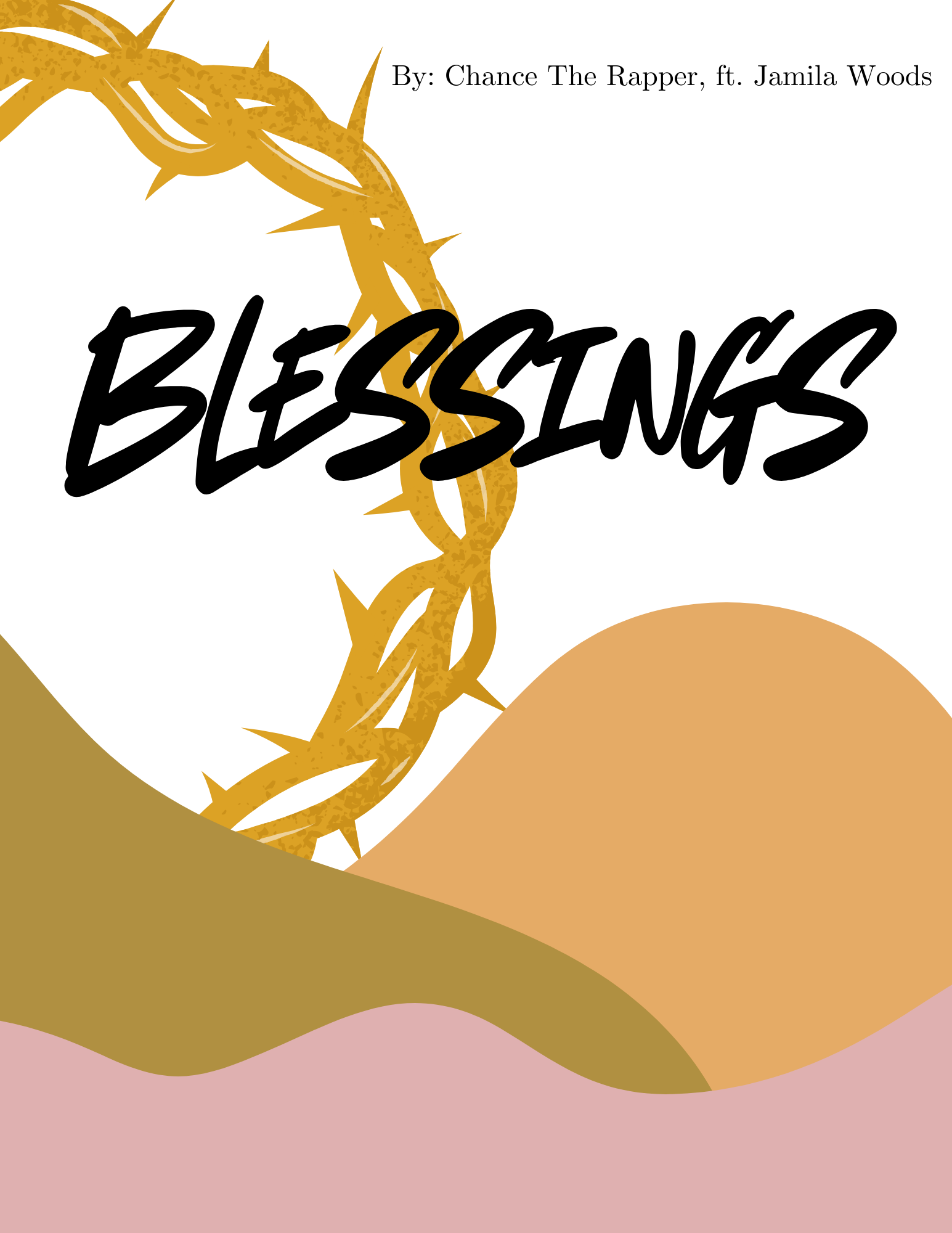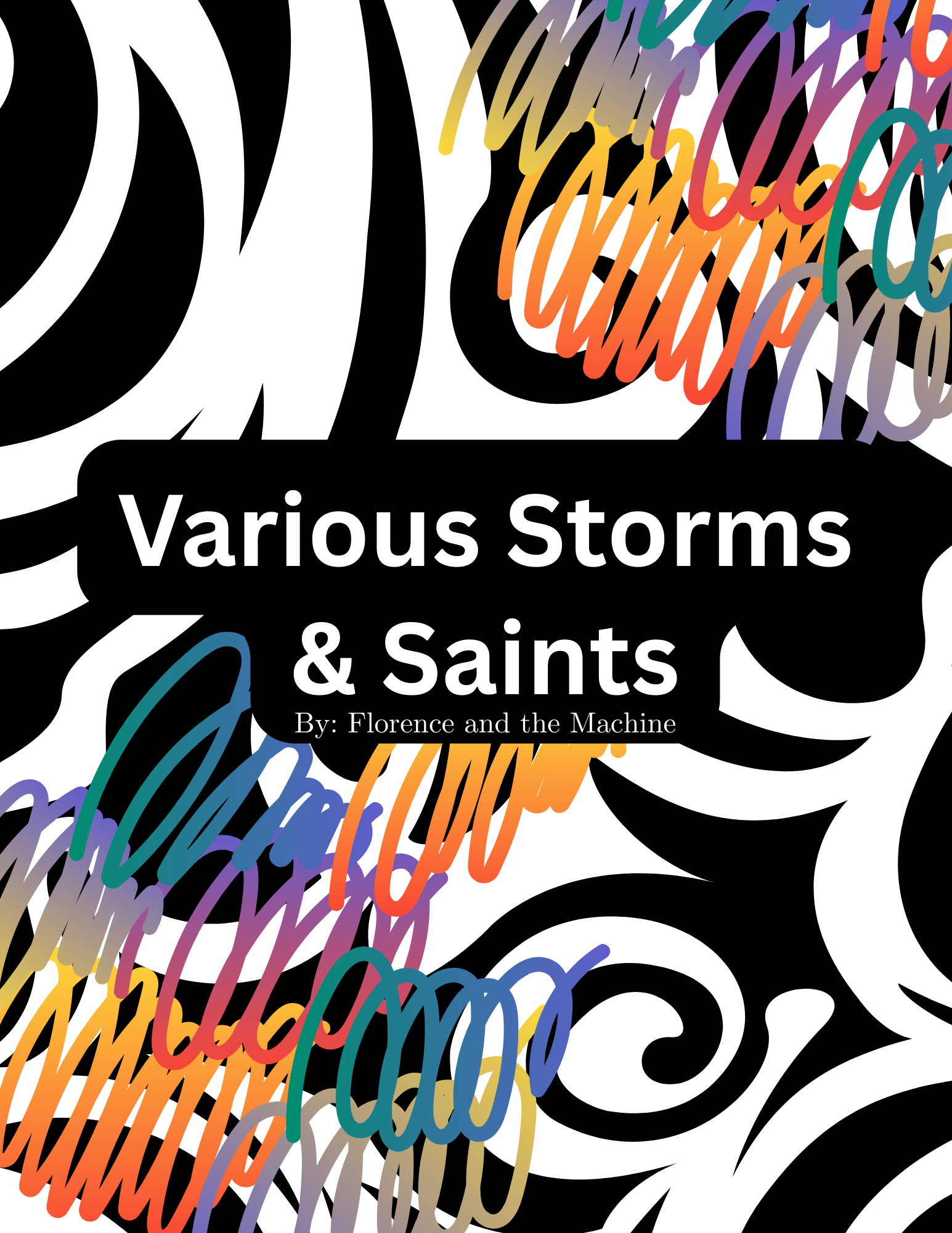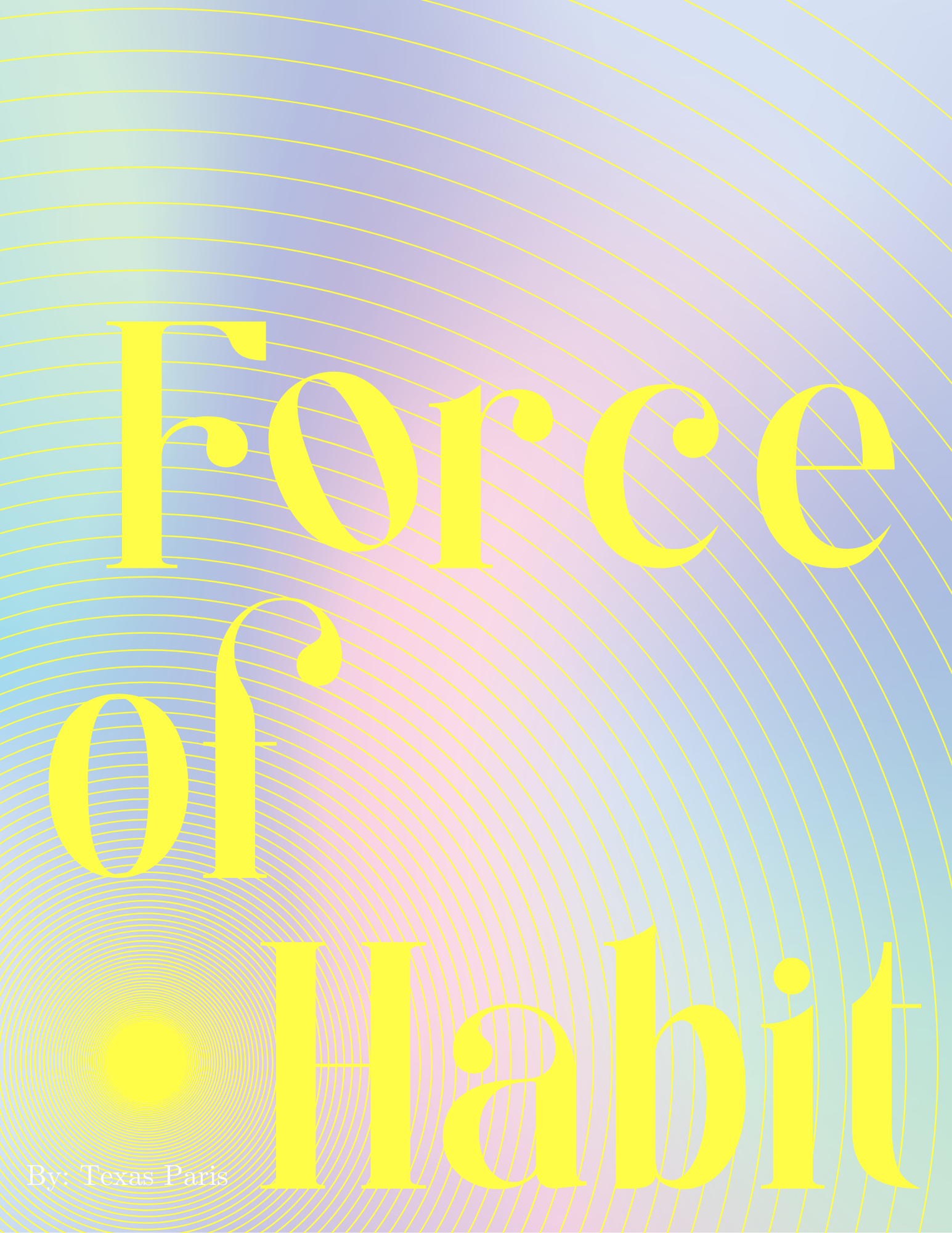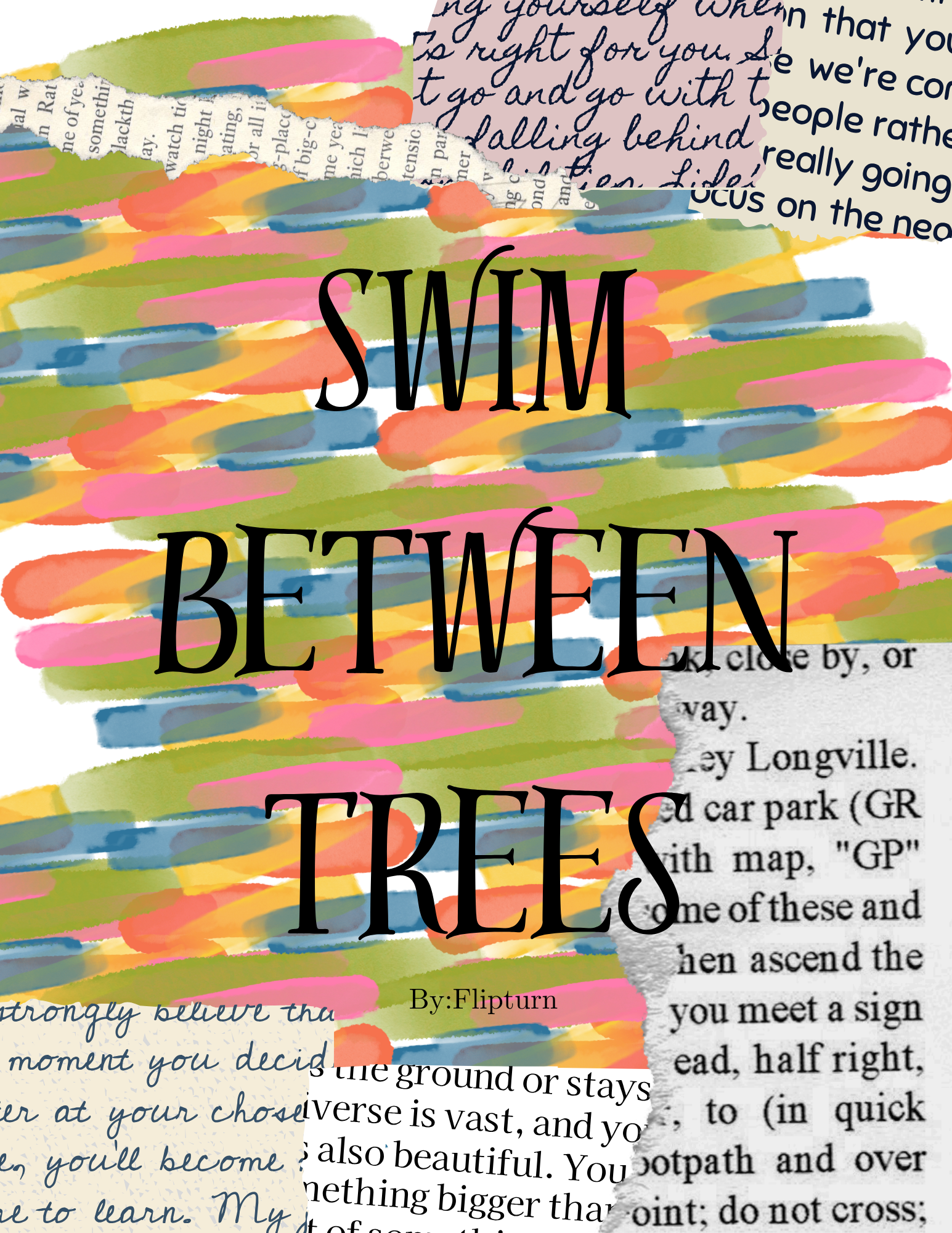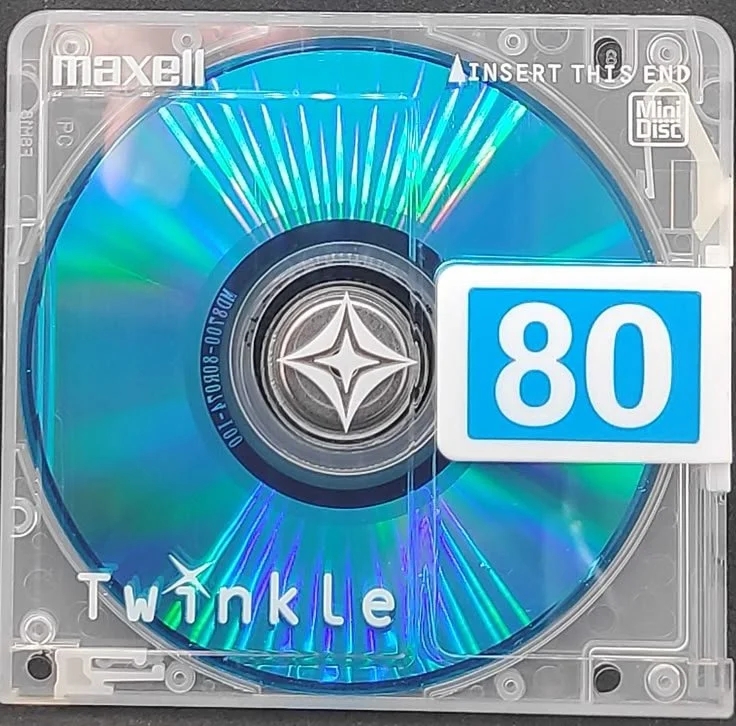Embracing the adventure of living one question, one connection, and one moment at a time.
Warm Welcome
°˖✧◝ (⁰▿⁰)◜✧˖°
Warm Welcome °˖✧◝ (⁰▿⁰)◜✧˖°

The Girl Behind the Blog
I am Janessa!
It has been my life’s mission to create a positive impact on the world. After graduating college, I was left with my thoughts and feelings of emptiness. I was conflicted with where I belong in the big, vast world.
That’s when it hit me! I will start this blog to explore ideas and connect with like-minded people who feel the same loneliness I do. In the midst of what kind of week you’re having, you can always count on me to bring the right amount of fun!
Recent Works We Explore Together:
Time is slippery. When my study schedule disappeared, I thought I’d be celebrating the freedom, but instead I’ve been forced to face time in its rawest form. Free time sounds like a gift, yet it often feels like a mirror, reflecting back who I am when the structure falls away. What I’ve come to realize is that time is the only thing I truly control — and how I choose to spend it is slowly shaping the person I’m becoming.
In the middle of LSAT chaos and law school applications, the last place I expected to find peace was in a TV show—and yet The Chosen paired with going to church has shifted everything. It’s teaching me the beauty of vulnerability, the strength of faith, and the importance of counting my blessings—even something as stressful as the LSAT—as part of a greater plan.
Confidence isn’t about never doubting yourself—it’s about trusting the work you’ve already done. From second-guessing LSAT answers to portraying my worth to law schools, I’m learning to lean into my first instinct and make confidence a force of habit.
Writing a personal statement is supposed to be about “why law,” but it’s really about “why me.” And answering that honestly means sitting with the messy, in-between parts of my story—the parts that don’t fit neatly into a resume. This post is me thinking out loud, trying to thread together vulnerability, originality, and everything I’ve been given into something that feels like truth. Somewhere between who I was and who I’m becoming, I’m learning that two pages might be all I get—but I’m going to make every word count.
In a world where everything feels like it’s been done, said, or posted before, the idea of being original can feel impossible — like chasing smoke. Algorithms tell us what to wear, how to think, and what’s worth sharing. But somewhere underneath the mimicry and marketability, there's still a pulse of something real. This post is a search for that pulse — through identity, society, and connection — and a reminder that originality isn’t about escaping influence, but transforming it into something unmistakably you.
I used to call myself an introvert, not because I didn’t like people—but because I didn’t know how to be fully seen. After years of hiding behind that label (and a pandemic that stalled everything), I’m finally finding my way back. This post is about relearning how to talk, connect, and just be comfortable with myself—and realizing I’m not the only one still figuring it out.
This weekend, away from service and screens, I realized how much time I spend scrolling through other people's lives — and how little I actually sit in my own. Here’s what a camping trip taught me about stillness, presence, and the quiet moments we tend to avoid.
This week I witnessed just how deep our collective anxiety runs—especially in the next generation. Behind the screens and silence is a feeling we all know too well. It’s not just a “kids these days” issue; it’s a mirror. And if we don’t start facing it now, we risk losing more than attention spans—we lose real connection.
This year, I made a quiet promise to myself: to show up more, connect deeper, and maybe even build something lasting. Inspired by The Parable of the Sower, I’ve been reflecting on what it really means to create community—not just to find like-minded people, but to grow with those willing to care, sacrifice, and trust. For the first time, I feel open. Not just in posture, but in mindset. And that shift is changing everything.
A reflection on the emotional math of adulthood—deciding whether an experience is worth the cost. It explores the tension between saving for the future and living in the moment, through the lens of a concert I almost didn’t attend. From front-row euphoria to quiet financial guilt, it’s about the choices we make, the ones we nearly miss, and the memories that remind us what it means to feel alive.
Traditions don’t have to be inherited—they can be invented. From sitcom rituals to quiet moments with family, I’ve been thinking about how we make meaning from the ordinary. It’s not about waiting for the calendar to tell you what’s important. It’s about choosing to make something matter. This week, I’m reflecting on intentionality, effort, and the beautiful, silly ways we create traditions of our own.
Growth begins the moment you question what you’ve always accepted as true—even if it’s just your hate for eggs.
-
![]()
Welcome to the world of TUT
-
![]()
Nothing to listen to?
-
![]()
IYKYK
-
![]()
Dance + Sing
-
![]()
Co-Collective Friends
-
![]()
(Florence + the Machine Edition)

